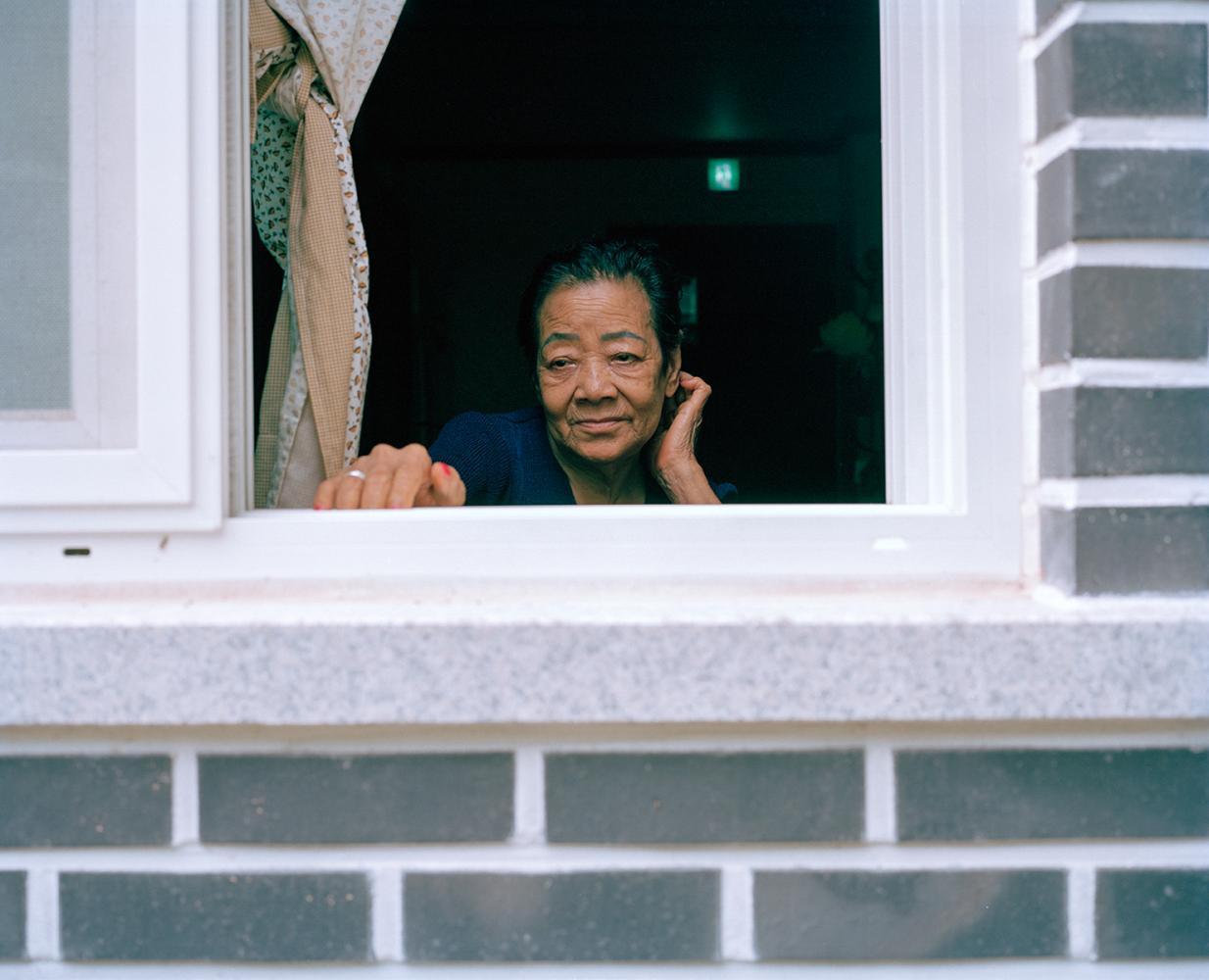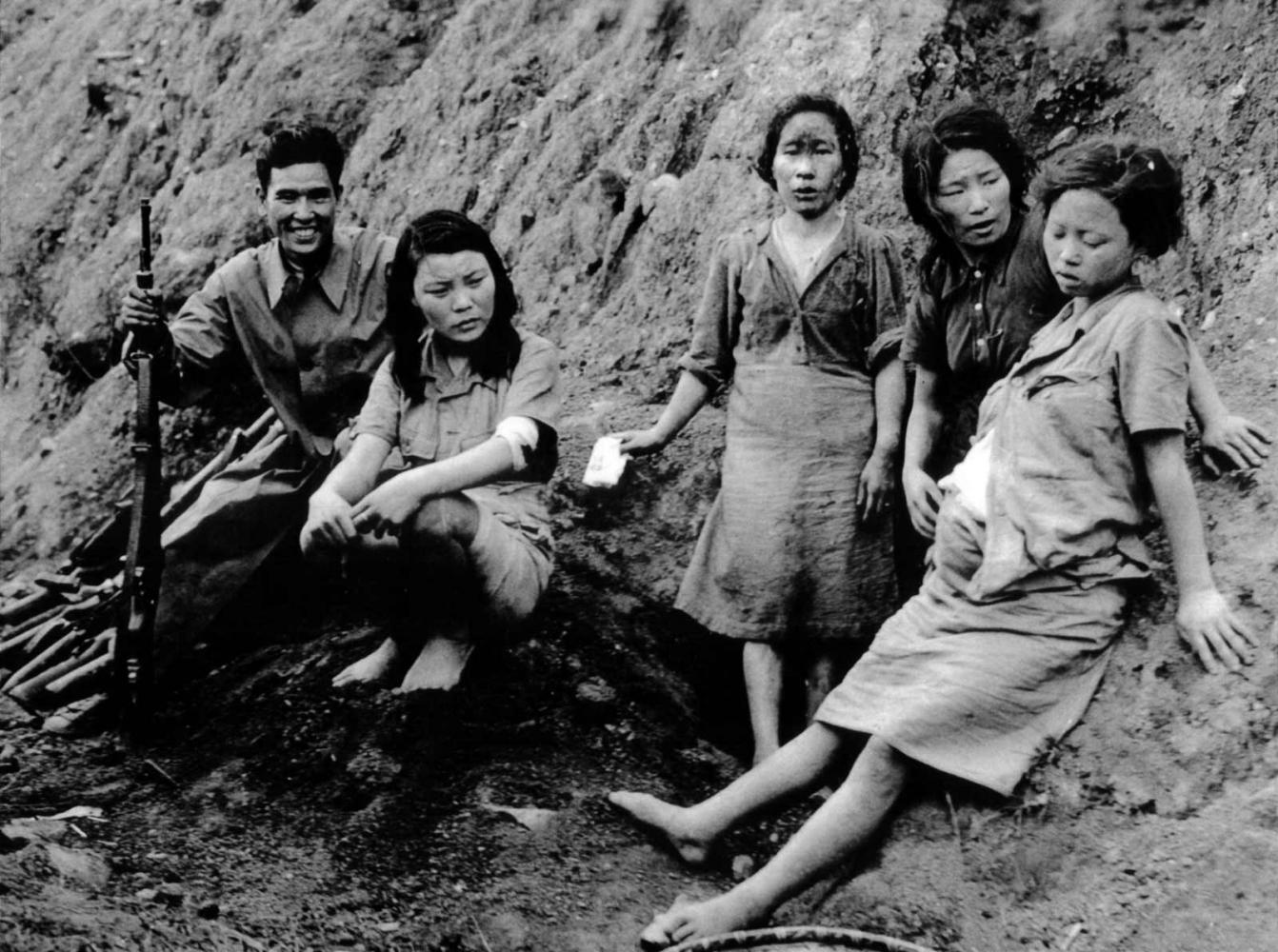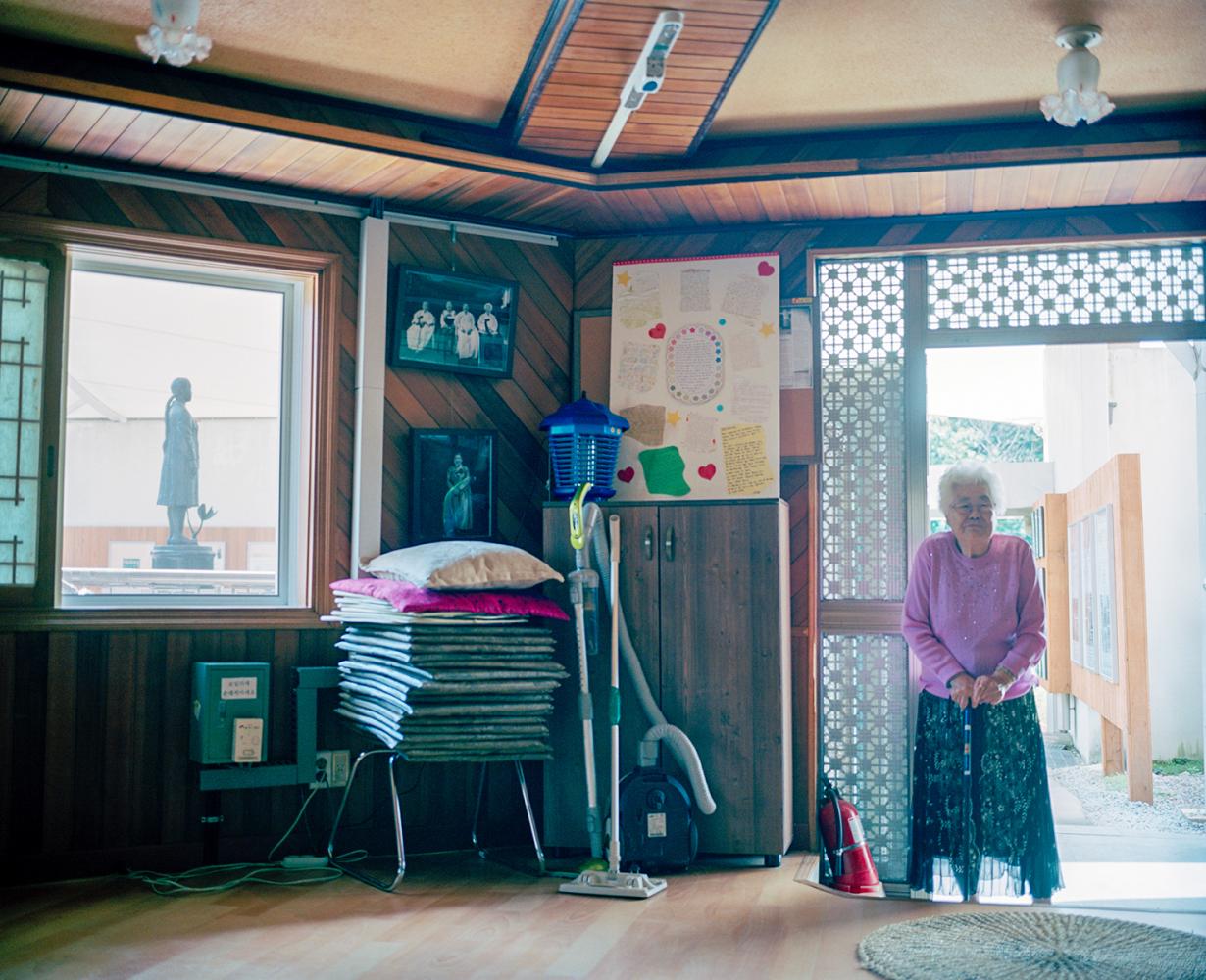Public Story
"Comfort Women"
Similar to the #metoo movement, when the first survivor, Kim Hak Soon, came forward in 1991 as having been a “comfort woman” for the Japanese Imperial Army during WWII, her testimony inspired countless others to come out and share their own stories. Today we call them “halmonis” meaning “grandmothers”, a term of endearment in Korea, rather than “comfort women” since that was a term coined by the Japanese to imply consent, when they were either kidnapped or lured by false pretenses of jobs abroad.
Despite the overwhelming number of testimonies and historical evidence to support their claims, no apology or legal reparations were offered by the Japanese government. Still today, Japan has not formally apologized or legally recognized their role in institutionalized sexual slavery during WWII. They have been protesting in front of the Japanese embassy in Seoul every Wednesday since 1992.
In December, 2011, worldwide protests were held in a massive showing of solidarity with “comfort women” in honor of their 1000th protest, the longest running protest in history. After visiting the first memorial in the United States dedicated to Korean "comfort women" in New Jersey, Yi Ok Seon and Lee Yong Soo gave their testimonies alongside two former Holocaust survivors, Hanne Liebmann and Ethel Katz.
All four shared their stories, and although they were separated by thousands of miles, their suffering was strikingly similar. They all spoke of discrimination, physical and psychological abuse, separation from family, hunger, humiliation, and uncertainty. Lee Yong Soo continues her activism because she believes “one of the reasons we have so much sexual violence in this world is that the crimes such as those committed by Japan has not been completely resolved. But I am here to tell you in person what happened and what Japan did because I don’t want to see this happen again to the next generation.” Now there are only 18 survivors remaining.





















